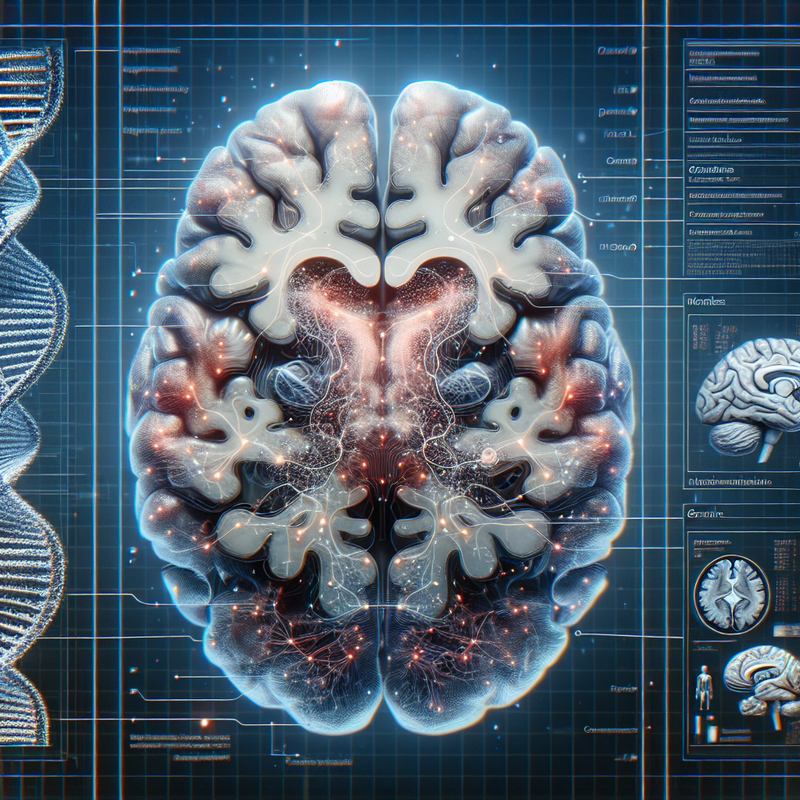In a recent investigation spearheaded by a group of Dutch researchers, an intriguing genetic connection has been established among the auditory condition misophonia and various affective disorders like depression, anxiety, and PTSD. Those with misophonia experience powerful aversive responses to certain everyday sounds, such as someone chewing or breathing, which can profoundly disrupt their life.
The investigative squad, helmed by Dirk Smit, a psychiatrist from the University of Amsterdam, scrutinized genetic information gleaned from the Psychiatric Genomics Consortium, UK Biobank, and 23andMe to draw out these connections. In the study, it was also discovered that patients experiencing tinnitus—a chronic ear-ringing syndrome—often demonstrate the psychological symptoms linked to depression and anxiety that are also observed in misophonia sufferers.
Uncovering Neurobiological Connections
Smit, discussing his findings with Eric W. Dolan of PsyPost, mentioned a detectable congruence with the genetics of PTSD. He discussed the hypothesis that PTSD and misophonia might share neurological pathways and proposed that treatments effective for one might show promise for the other. Nonetheless, the investigation points out that while there are shared genetic risk factors, it doesn’t imply completely identical mechanisms for misophonia and mood disorders.
The study also substantiated the prior observation that individuals with misophonia are prone to internalizing their discomfort and demonstrated significant ties with personality aspects such as propensity to worry and neuroticism. Intriguingly, the analysis revealed that misophonia appears to be less common in individuals with autism spectrum disorder, despite the fact that those with ASD typically have a diminished tolerance for sounds.
Future Research Considerations
Smit’s research team acknowledged the limitations present in their analysis, highlighting that the participant pool was largely European and the reliance on self-reporting for misophonia might skew the results. Despite these constraints, the research sheds light on the possible pathways for decoding the biological underpinnings of misophonia.
Advocating for misophonia’s likelihood of being more widespread than once thought, the study emphasizes the significance of further inquiry into this condition as it pertains to mental resilience and sensory processing. The findings are cataloged in the ‘Frontiers in Neuroscience’ journal, serving as groundwork for subsequent studies in the realm of mood and sensory disorders.




